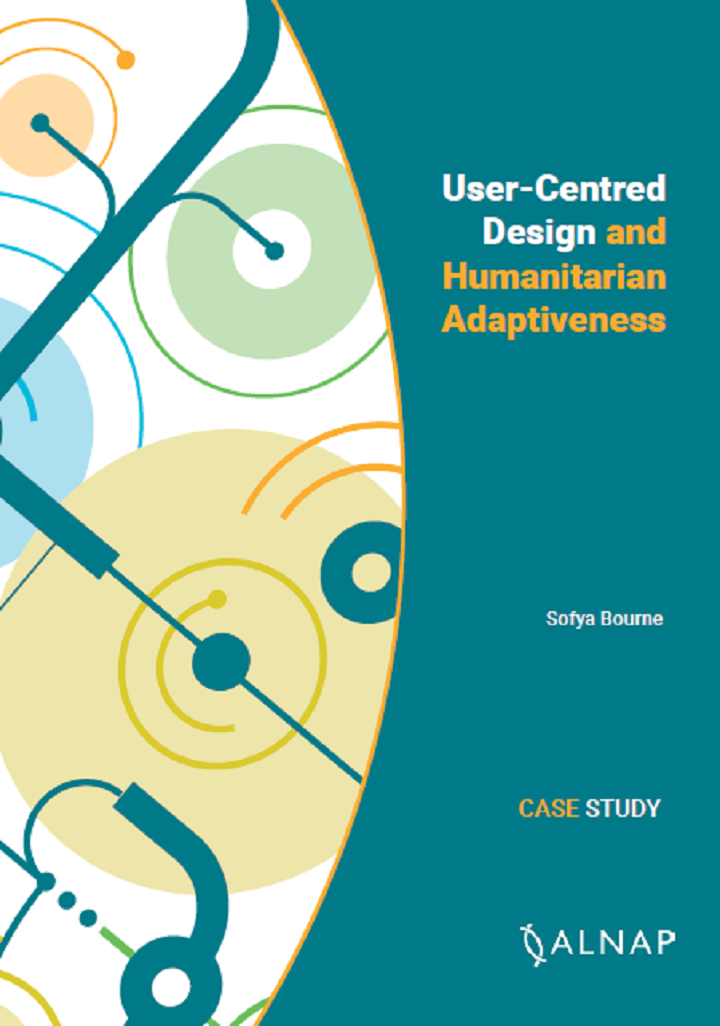
Published in: 2019
Pages: 60
Publisher:
ALNAP
Author:
Bourne, S.
Uploaded by:
SuSanA Admin
Partner profile:
common upload
731 Views
1 Downloads
Gathering and acting on feedback from affected communities is a key means to identify potential triggers for change during the design and implementation of humanitarian programmes. This study is focused on user-centred design (UCD), an approach often used outside the humanitarian sector to design products and services that are tailored to the needs and preferences of end-users and are created with the users’ involvement in the design process. Because UCD is meant to facilitate a structured, quick, and iterative design process that is oriented towards the perspectives of users, it has the potential to help humanitarian organisations design programmes that are more responsive to the needs of affected people, i.e. more user-centred, which in turn could support greater adaptiveness of humanitarian programmes. But can the benefits of UCD hold when this approach is applied in the context of the contemporary humanitarian system? This case study seeks to explore the utility, applicability and effectiveness of UCD in supporting humanitarian adaptiveness, and to understand whether UCD can enable humanitarian actors to be more adaptive, or whether these organisations need to have well-developed adaptive capabilities to be able to apply UCD in a way that facilitates different types of adaptiveness in their responses.
Bibliographic information
Bourne, S. (2019). User-Centred Design and Humanitarian Adaptiveness. ALNAP
Filter tags
Case studies in other formats English














